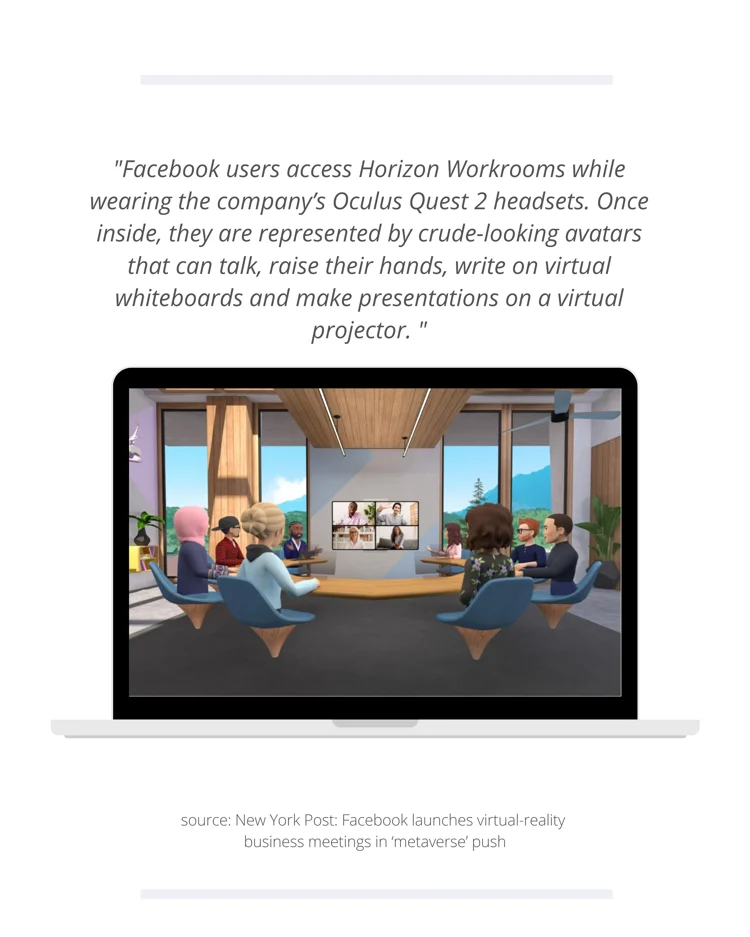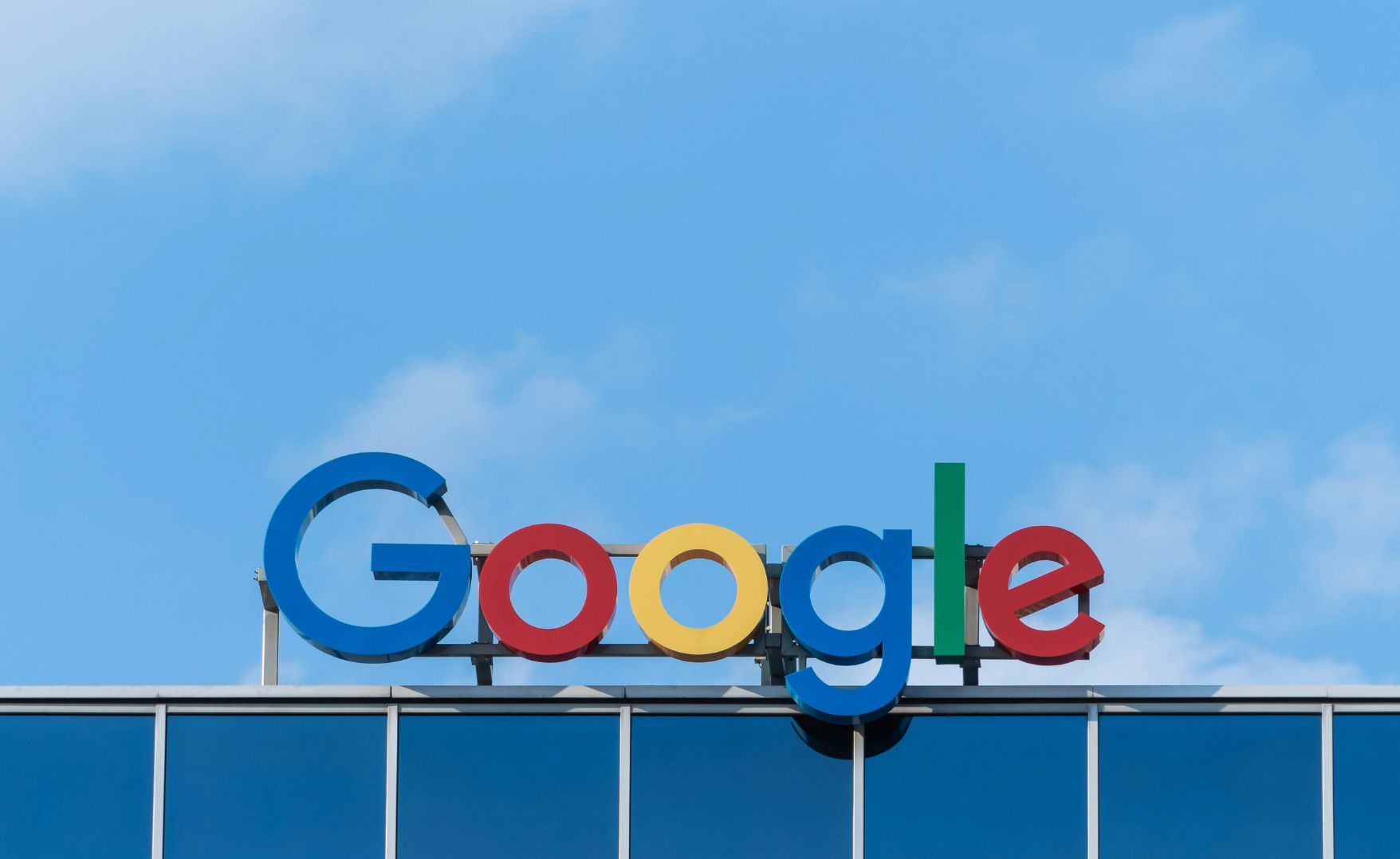The first question advertisers should be asking is about your target demographic. Brands must understand what behaviours are trending with your current and prospective consumers will help you indicate when and how to enter this space.
Secondly, you will need to look for applications suited for your business on the metaverse. Whether it allows your company to try new, creative projects or find new ways to connect with your demographic, you will need to understand how this new piece of media fits into your campaigns and organizational objectives. And then, plan your entry. Ask your agency team to start formulating a point of view on how your brand can (or whether it should) appear in the metaverse and when is the best time to do so. Understand the trends you are seeing across their client portfolio and what tests could be put in place to enable you to get your brand exposed to the metaverse comfortably. However, your regular ads will not work in this medium. You will need to think abstractly and place creative ads with engagement as the main KPI.
This technology is new, so the measurement and tracking parameters we are used to are not yet available, but it’s just the beginning. Regardless of whether you are planning to build your own in-house metaverse team or hire an agency to help guide you through the process, you will need to think big and creatively.






